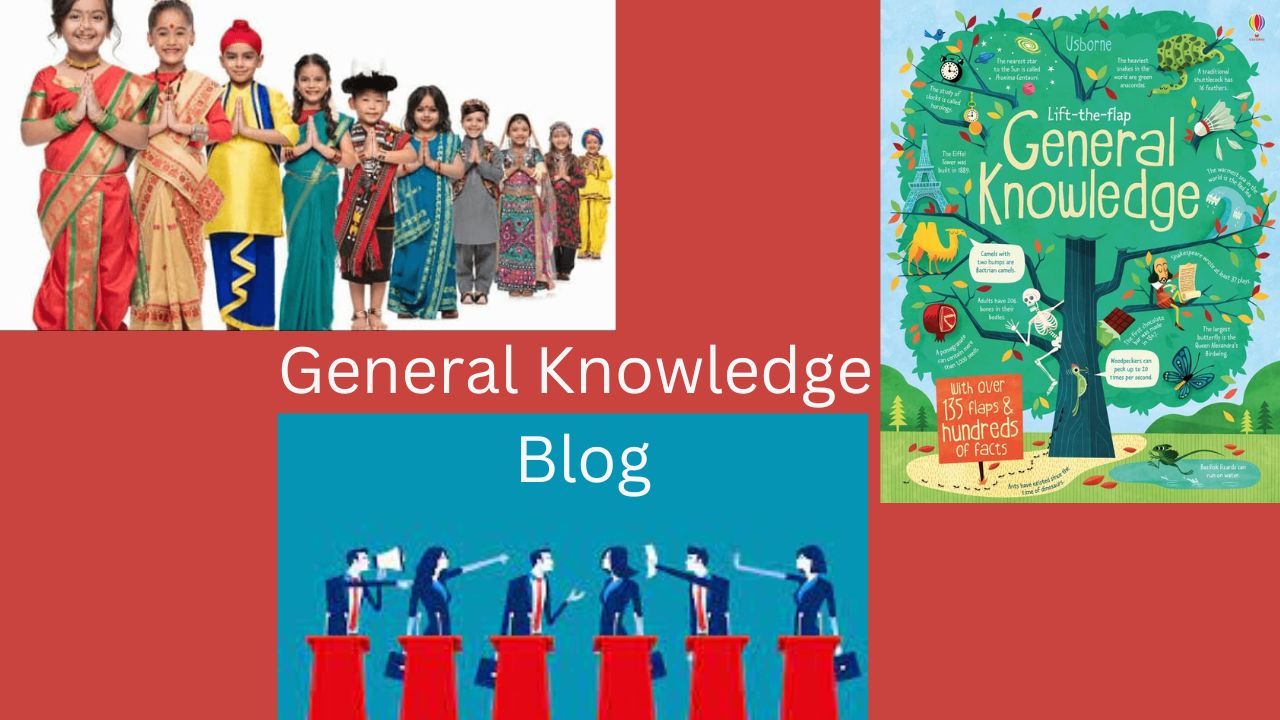
PM Modi’s Response on 75 years of Republic of India - Dec 2024 #
These notes are from PM Narendra Modi’s addresses on the occasion of special discussion on 75th anniversary of adoption of Constitution in Lok Sabha.
1. Celebration of the Constitution’s Legacy #
- Milestone of 75 Years: Acknowledged 75 years of India’s Constitution as a moment of pride for Indians and democracy lovers worldwide.
- Tribute to Constitution Makers: Paid homage to framers of the Constitution, including Dr. B.R. Ambedkar, for their vision and inclusivity.
- Recognized the Constitution’s role in sustaining India’s unity, democracy, and progress despite challenges.
2. India’s Democratic Foundations #
- Highlighted India’s status as the “Mother of Democracy.”
- Referred to ancient Indian traditions of democratic practices, citing historical republics (ganatantras).
- Emphasized that India’s democracy predates the independencr in 1947 and Constitution in 1950, rooted in its culture and history.
3. Social Justice and Empowerment #
- Reservations: Addressed the historical struggle for reservations for SC, ST, and OBC communities.
- Criticized Congress leaders, including Nehru, for their opposition to reservations.
- Defended the BJP’s initiatives for economically weaker sections (EWS) through constitutional amendments.
- Empowerment of Women:
- Women’s Reservation Bill passed to ensure greater political participation.
- Praised women’s increasing representation in Parliament, governance, and key sectors.
- Highlighted initiatives like “Women-Led Development” during India’s G20 presidency.
- Differently-Abled (Divyang) Citizens:
- Focused on creating accessible infrastructure and a unified sign language for inclusivity.
- Tribal Communities:
- Highlighted the election of a tribal woman as President, calling it a tribute to the Constitution’s inclusivity.
- Focused on tribal welfare through various schemes and ministries.
- Transgender Rights:
- Enacted laws to protect the rights and dignity of transgender individuals.
4. Economic and Social Reforms #
- “One Nation, One…” Policies:
- Introduced “One Nation, One Ration Card,” “One Nation, One Grid,” and “One Nation, One Health Card” for better resource access and equity.
- Ayushman Bharat:
- Praised the health scheme for providing free medical care to millions, especially migrant workers.
- Digital India:
- Lauded the success of democratizing technology by bringing optical fiber to villages.
- Promoted digitization of government services and financial inclusion.
- GST Implementation:
- Called GST a landmark reform to strengthen economic unity.
- Infrastructure Development:
- Mentioned efforts to bring infrastructure to underdeveloped regions, including the Northeast, Jammu & Kashmir, and border areas.
- Swamitva Yojana:
- Provided land ownership records to rural citizens, addressing long-standing issues.
5. Critique of Congress Legacy #
- Emergency and Constitutional Misuse:
- Recalled the 1975 Emergency as a dark period when citizens’ rights were suspended, judiciary suppressed, and press freedom curtailed.
- Criticized Indira Gandhi for altering the Constitution to secure personal power.
- Judiciary and Constitutional Amendments:
- Cited instances of Congress governments superseding senior judges and making anti-democratic amendments.
- Shah Bano Case:
- Blamed Congress for overturning a Supreme Court judgment to appease vote banks, undermining women’s rights.
- 370 and 35A:
- Criticized Congress for introducing Article 35A without Parliament’s approval, harming J&K’s integration.
- Family Politics:
- Criticized Congress for perpetuating dynastic politics, undermining democratic principles.
6. Unity and Federalism #
- Abrogation of Article 370: Claimed it as a step towards national unity and a tribute to Ambedkar’s vision.
- Celebration of Diversity: Celebrated India’s strength in “unity in diversity” but warned against divisive politics exploiting diversity.
- Balanced Regional Development: Highlighted efforts in the Northeast, tribal areas, and backward regions under the Aspirational Districts program.
- Advocated for equal opportunity and justice across all geographic and social sectors.
7. Women’s Contributions to Nation-Building #
- Recognized women’s significant roles in the Constitution Assembly debates. (15 women were part of this)
- Praised increasing representation in leadership and sectors like space and science.
- Promoted women-centric initiatives to ensure development led by women.
8. Vision for Developed India by 2047 #
- Urged collective efforts toward making India a developed nation by its centenary of independence.
- Identified technology, unity, and youth empowerment as key drivers for this vision.
9. Fight Against Corruption #
- Advocated for “zero tolerance” against corruption and stressed the need for societal rejection of corrupt practices.
10. Family Politics vs. Meritocracy #
- Condemned family-based political dominance.
- Called for greater political participation by youth without family backgrounds in politics.
- Advocated for inclusive democracy with equal opportunities for all.
11. Affirmation of Nationalistic Values #
- Advocated for pride in India’s heritage and liberation from the “colonial mindset.”
- Promoted “Ek Bharat, Shreshtha Bharat” to foster national unity.
12. 11 Resolutions for the Nation: #
- Citizens and governments to fulfill their duties.
- Equal development for all regions and communities.
- Zero tolerance for corruption.
- Citizens to take pride in following laws and traditions.
- Liberation from the colonial mindset, with pride in India’s heritage.
- End family-based politics for merit-based leadership.
- Ensure respect for the Constitution without political misuse.
- Preserve and protect reservations while rejecting religion-based quotas.
- Promote women-led development as a global model.
- Prioritize state-level progress for national growth.
- Strengthen “Ek Bharat, Shreshtha Bharat” to achieve a developed India.
13. Reforms in Education #
- Promoted mother-tongue education under the New Education Policy.
- Encouraged the study of classical languages and heritage to strengthen national identity.
14. Global Leadership #
- Highlighted India’s success in G20 leadership with themes like “Women-Led Development.”
- Positioned India as a model democracy and economic power.
PM addresses special discussion on 75th anniversary of adoption of Constitution in Lok Sabha


Comments: